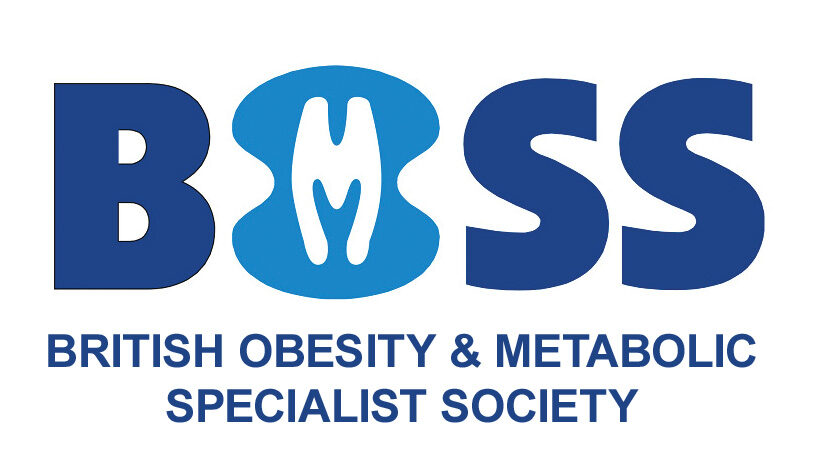Obesity is a chronic health problem that affects 1 in every 4 adults in the UK. Worryingly, the number of people affected by obesity in the UK is set to rise to 1 in every 2 people by 2050.
A person is classified as being obese if they have an unhealthy amount of body fat. A woman is classified as being obese if her body fat makes up 40% or more of her total body weight. A man is classified as being obese if his body fat makes up 30% or more of his body weight.
